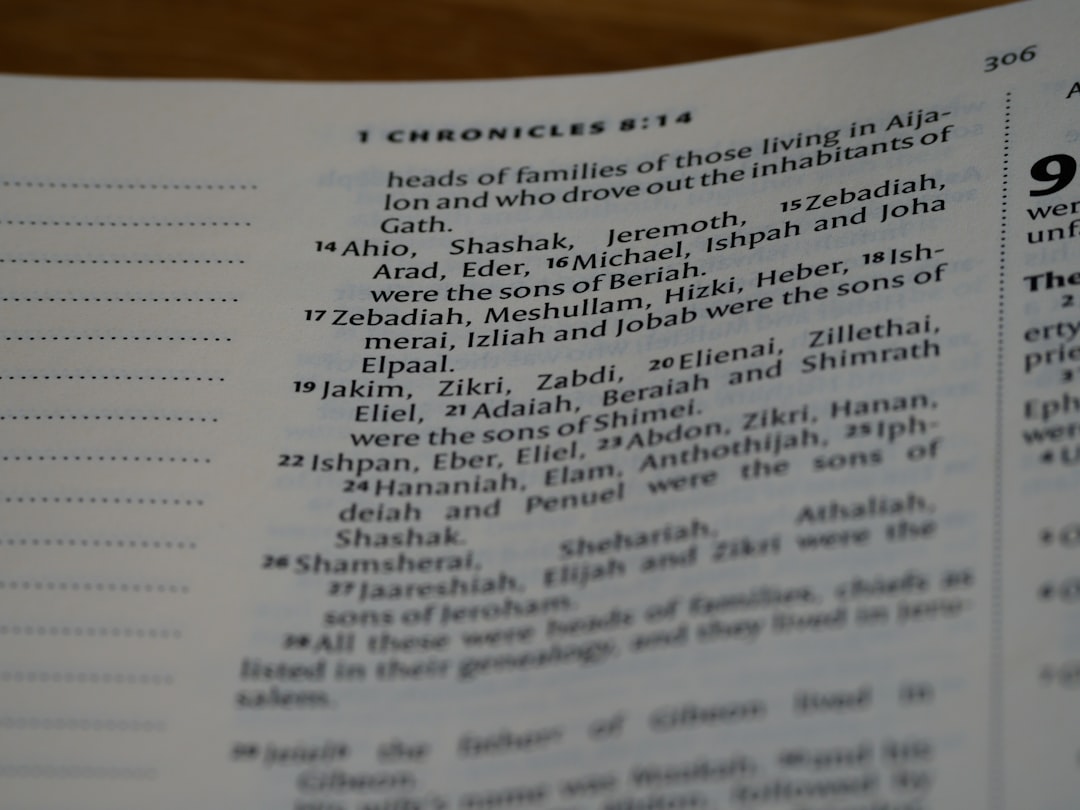When communicating through text messages or on online platforms such as social media, it’s common to encounter a wide array of acronyms and slang terms. One abbreviation that pops up frequently is OPP. While many are familiar with seeing it in casual conversations, music lyrics, or memes, its actual meaning can vary depending on the context in which it is used. Understanding what OPP stands for can help avoid miscommunication and give better insight into the subtext of online and text-based interactions.
Understanding OPP: A Versatile Acronym
OPP is an acronym that can mean different things depending on the context. It is commonly used in popular culture, especially in songs, but also shows up in conversations about relationships, conflicts, and personal opinions.
1. OPP as “Other People’s Property”
One of the most recognized interpretations of OPP comes from the 1991 hit song by the rap group Naughty by Nature titled “O.P.P.”. In this context, OPP is widely understood to mean Other People’s Property, a euphemism referring to being involved romantically or sexually with someone who is already in a relationship.
The line in the song “You down with O.P.P.?” essentially asks whether someone engages in relationships with people who are already committed to someone else. This usage became popular in 90s slang and still lingers in conversations today, particularly in contexts involving taboo relationships or cheating.

2. OPP as “Other People’s Problems”
In other instances, OPP is used to signify Other People’s Problems. This version of the acronym is often employed in a dismissive or emotionally detached way. For example:
“I’ve got enough on my plate — I don’t need to get involved in OPP.”
Here, OPP reflects a boundary-setting attitude, conveying the sentiment of not wanting to take on issues that do not directly affect the speaker.
This interpretation has gained traction in personal development and mental health circles as people increasingly discuss emotional boundaries and self-care. It encapsulates the idea that one should not feel responsible for resolving every issue, especially those beyond their control.
3. OPP in Law Enforcement and Government Contexts
Less commonly in casual conversation, but important to note, is the use of OPP as an acronym for Ontario Provincial Police. This is a legitimate governmental organization responsible for law enforcement in the Canadian province of Ontario. In this formal context, OPP has nothing at all to do with slang or emotional detachment.
For example, a Canadian news report might state:
“The OPP responded to multiple accidents on Highway 401 during the snowstorm.”
In any serious conversation or writing involving Canadian law enforcement, assuming that OPP refers to a slang meaning would be inappropriate and misleading.
How Context Defines Meaning
As with many acronyms, context is key when deciphering what someone means by “OPP.” The setting in which it’s used — whether that be a casual chat, lyrics, a text about relationships, or a news article — plays a vital role in determining its intent.
Below are some general guidelines on how to interpret OPP in different online and texting scenarios:
- Social Media Posts: Often aligns with popular culture usage, such as “other people’s property.”
- Therapy or Self-Care Discussions: Tends to imply “other people’s problems.”
- News Articles in Canada: Likely refers to the “Ontario Provincial Police.”
- Music or Meme Culture: Most often a reference to the song by Naughty by Nature.
Examples of OPP in Digital Conversations
To better understand how OPP appears in real-world communication, here are a few example scenarios:
- Text between friends: “You saw her with him again? She’s definitely down with OPP.”
- Comment on a mental health post: “You can’t solve OPP. Focus on your own healing.”
- Online news article: “The OPP confirmed that no injuries were reported after the multi-vehicle crash.”
These examples demonstrate the wide range of meanings the acronym can carry, depending on how and where it’s used.
Why It Matters to Understand Acronyms Like OPP
In today’s digital landscape, the language of the internet is constantly evolving. Abbreviations like OPP can be packed with cultural, emotional, or even legal connotations. Misinterpreting such terms can lead to misunderstandings in both personal and professional communication.
For instance, not realizing that someone is using OPP to talk about emotional boundaries may lead to a misstep in a conversation about mental health. Alternatively, assuming a text refers to law enforcement when it’s actually referencing a song lyric can be awkward in casual chats.

Common Misunderstandings and Clarifications
Here are a few common misconceptions about what OPP stands for, and the correct interpretation in each case:
- Misconception: OPP always refers to someone cheating.
Clarification: While “other people’s property” implies cheating, OPP can also relate to emotional issues (“other people’s problems”) or official police agencies (Ontario Provincial Police). - Misconception: OPP is a phrase only used in the 90s.
Clarification: Although it gained popularity in the 90s, OPP is still used in memes, music, and texts today, keeping its relevance in digital communication. - Misconception: OPP is just a joke and not serious.
Clarification: Depending on context, discussing emotional boundaries (OPP = other people’s problems) or acknowledging infidelity can be very serious matters.
The Cultural Impact of OPP
While its usage in text is significant, the phrase “down with OPP” has also become a catchphrase that indicates a level of cultural savviness. Understanding references like these not only helps with digital literacy but can also serve as social capital — particularly among younger audiences or those deeply immersed in internet culture.
OPP has also been adopted as a shorthand to express broader issues. For instance, when used in political or ethical conversations, someone might say:
“We shouldn’t get distracted by OPP when we need to focus on systemic change.”
Here, OPP could loosely refer to either the trivial concerns of others or unrelated personal grievances that derail important discussions. It acts as a placeholder for the kinds of distractions or detours often encountered in debates or group decision-making.
Conclusion
In an age of fast, bite-sized communication, acronyms like OPP serve as linguistic shortcuts that convey complex ideas quickly. However, the multiple meanings of OPP — Other People’s Property, Other People’s Problems, and Ontario Provincial Police — remind us that these shortcuts can lead to confusion unless interpreted correctly.
When encountering OPP in your messages, emails, or online posts, pause to consider the context. Is the conversation about relationships, emotional well-being, or public safety? Each scenario will likely point to a different meaning of the term.
In the end, being aware of such nuances not only improves your communication but also demonstrates a deeper understanding of the digital and cultural dynamics that shape our modern conversations.


